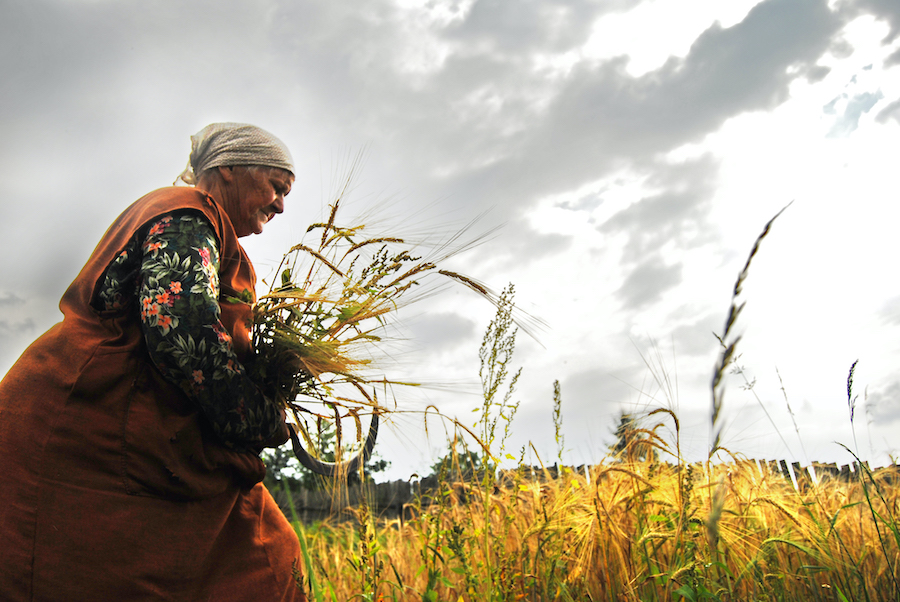Science & research / Planetary health
Non-market values of nature to quality of life must become more visible
By Andrew Sansom | 13 Jul 2022 | 0
Policy decisions that focus on nature need to shift to bring more values-centred outcomes to the fore, both for the health of people and the planet. This is the powerful tone struck in a new report approved by representatives of the 139 member states of the Intergovernmental Science-Policy Platform on Biodiversity and Ecosystem Services (IPBES).
The way nature is valued in political and economic decisions is both a key driver of the global biodiversity crisis and a vital opportunity to address it, according to the four-year methodological assessment by 82 leading scientists and experts from every region of the world.
The Assessment Report on the Diverse Values and Valuation of Nature finds that there is a dominant global focus on short-term profits and economic growth, often excluding the consideration of multiple values of nature in policy decisions.
Economic and political decisions have been particularly focused around market-based instrumental values of nature, such as those associated with food produced intensively. But the report argues that these market values do not adequately reflect how changes in nature affect people’s quality of life. Furthermore, policymaking overlooks the many non-market values associated with nature’s contributions to people, such as climate regulation and cultural identity.
“With more than 50 valuation methods and approaches, there is no shortage of ways and tools to make visible the values of nature,” said Prof Unai Pascual, who co-chaired the assessment with Prof Patricia Balvanera, Prof Mike Christie and Dr Brigitte Baptiste. “Only 2 per cent of the more than 1000 studies reviewed consult stakeholders on valuation findings and only 1 per cent of the studies involved stakeholders in every step of the process of valuing nature.
“What is in short supply is the use of valuation methods to tackle power asymmetries among stakeholders, and to transparently embed the diverse values of nature into policymaking.” 
Conducted by experts in social science, economics and the humanities, the cross-disciplinary assessment draws on more than 13,000 references – including scientific papers and information sources from indigenous and local knowledge. It also builds directly on the 2019 IPBES Global Assessment, which identified the role of economic growth as a key driver of nature loss, with 1 million species of plants and animals now at risk of extinction.
To help policymakers better understand the very different ways in which people conceive and value nature, the report provides a novel typology of nature’s values, highlighting how different world views and knowledge systems influence the ways people interact with and value nature.
Living from, with, in and as nature
To make this typology useful for decision-making, the authors present four general perspectives: living from, with, in and as nature.
Living from nature emphasises nature’s capacity to provide resources for sustaining livelihoods, needs and wants of people, such as food and material goods. Living with nature has a focus on life ‘other than human’, such as the intrinsic right of fish in a river to thrive independently of human needs. Living in nature refers to the importance of nature as the setting for people’s sense of place and identity. And living as nature sees the natural world as a physical, mental and spiritual part of oneself.
The report finds that the number of studies that value nature has increased on average by more than 10 per cent per year over the last four decades. The most prominent focus of recent (2010-2020) valuation studies has been on improving the condition of nature (65 per cent of valuation studies reviewed) and on improving people’s quality of life (31 per cent), with just 4 per cent focused on improving issues around social justice. Seventy-four per cent of valuation studies focused on instrumental values, with 20 per cent focused on intrinsic values, and just 6 per cent focused on relational values.
“The values assessment provides decision-makers with concrete tools and methods to better understand the values that individuals and communities hold about nature,” said Prof Balvanera. “The report also provides guidelines on how to enhance the quality of valuation by taking into account relevance, robustness and resource requirements of different valuation methods.
“Different types of values can be measured using different valuation methods and indicators. For example, a development project can yield economic benefits and jobs, for which instrumental values of nature can be assessed, but it can also lead to loss of species, associated with intrinsic values of nature, and the destruction of heritage sites important for cultural identity, thus affecting relational values of nature. The report provides guidance for combining these very diverse values.”
Said Prof Christie: “Valuation is an explicit and intentional process. The type and quality of information that valuation studies can produce largely depends on how, why and by whom valuation is designed and applied. This influences whose and which values of nature would be recognised in decisions, and how fairly the benefits and burdens of these decisions would be distributed.”
Dr Baptiste added: “Recognising and respecting the world views, values and traditional knowledge of indigenous peoples and local communities allows policies to be more inclusive, which also translates into better outcomes for people and nature.”
Values aligned with sustainability
The report finds several deeply held values that can be aligned with sustainability, emphasising principles such as unity, responsibility, stewardship and justice, both towards other people and towards nature.
 “Shifting decision-making towards the multiple values of nature is a really important part of the system-wide transformative change needed to address the current global biodiversity crisis,” said Dr Balvanera. “This entails redefining ‘development’ and ‘good quality of life’, and recognising the multiple ways people relate to each other and to the natural world.”
“Shifting decision-making towards the multiple values of nature is a really important part of the system-wide transformative change needed to address the current global biodiversity crisis,” said Dr Balvanera. “This entails redefining ‘development’ and ‘good quality of life’, and recognising the multiple ways people relate to each other and to the natural world.”
The analysis identifies various pathways that can contribute to achieving just and sustainable futures, paying specific attention to those relating to ‘green economy’, ‘degrowth’, ‘Earth stewardship’, and ‘nature protection’.
“Although each pathway is underpinned by different values, they share principles aligned with sustainability,” added Prof Pascual.
Ana María Hernández Salgar, chair of IPBES, stressed that biodiversity is now being lost, and nature’s contributions to people degraded, faster than at any time in human history, largely because policy fails to sufficiently account for the diversity of nature’s values.
The information, analysis and tools offered by the assessment make a vital contribution to the achievement of the Sustainable Development Goals, she concluded, and to “shifting all decisions towards better values-centred outcomes for people and the rest of nature”.
Organisations involved

